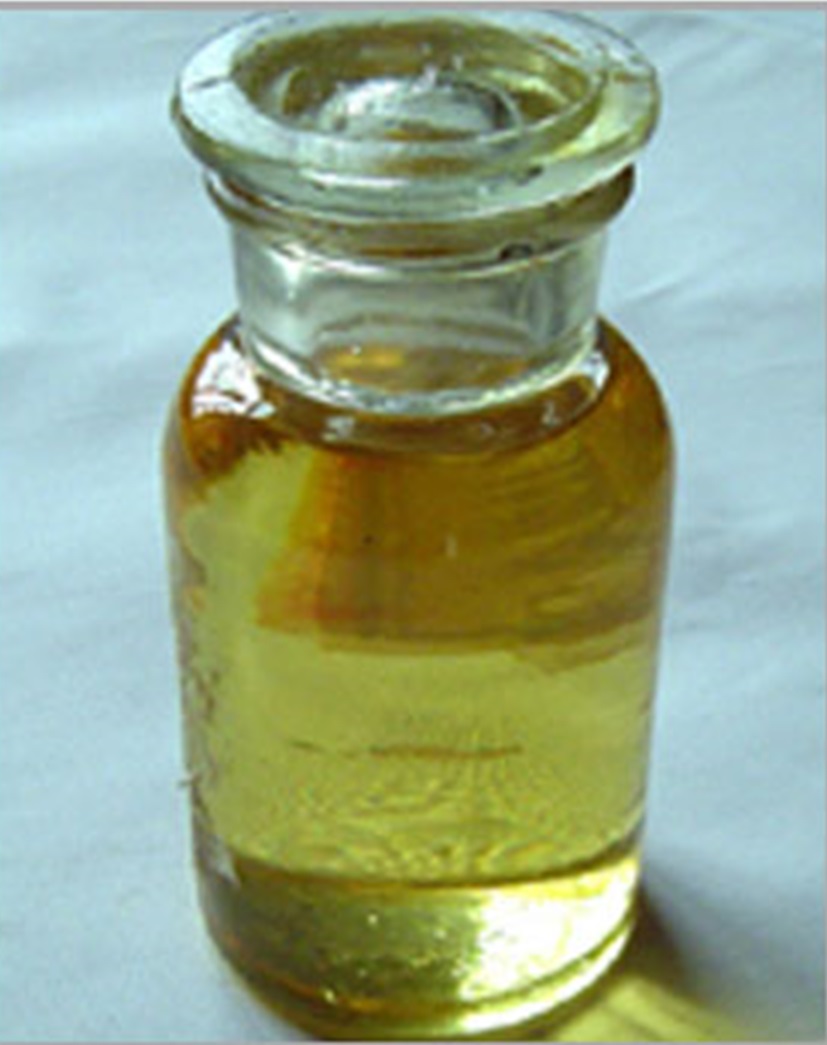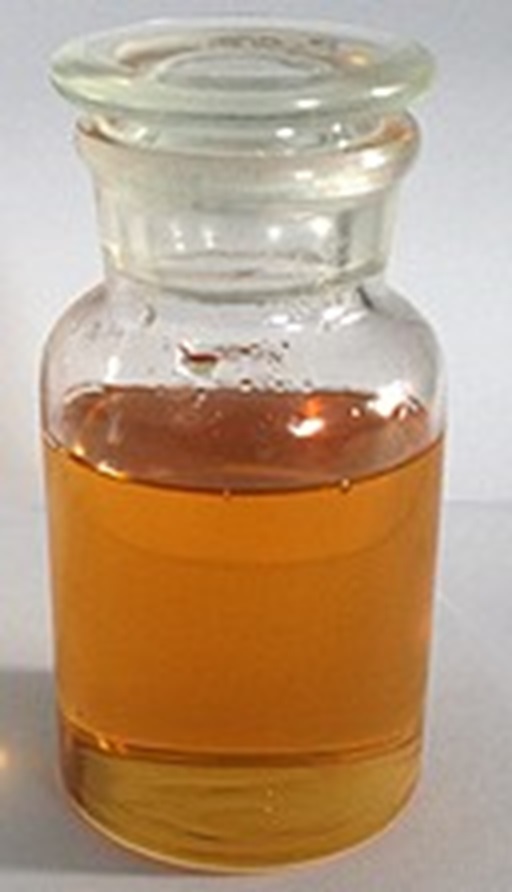We unleash your business potential by maximize the business innovation.
Send EmailDimeric acid, Dimer acid, Dimerized Fatty Acid, Dimeric Carboxylic Acid, Dimeric Fatty Acid, 61788-89-4
CAS number : 61788-89-4
Dimer acids, also known as dimerized fatty acids, are dicarboxylic acids produced by dimerizing unsaturated fatty acids obtained from sources like tall oil, oleic acid, canola oil, or cottonseed oil2. They are primarily used in the synthesis of polyamide resins and polyamide hot melt adhesives. Dimer acids are also utilized in alkyd resins, adhesives, surfactants, fuel oil additives, and lubricants1. The structure of dimer acids typically includes a cyclohexene ring formed by the Diels-Alder reaction
Here are the common names for dimer acids in English:
-
Dimerized fatty acids
-
Dimeric acid
-
Dimeric fatty acids
-
Dimeric carboxylic acids
-
Dimeric fatty acid
Here are some physical and chemical properties of dimer acids:
-
Molecular Formula: C36H64O4
-
Molecular Weight: 560.91 g/mol
-
Density: 0.931 g/cm³
-
Boiling Point: 667.7°C (at 760 mmHg)
-
Flash Point: 371.6°C
-
Vapor Pressure: 0-0.029 Pa (at 25°C)
-
Appearance: Light yellow, transparent, viscous liquid
-
Solubility: Insoluble in water, but soluble in ether, ethanol, acetone, chloroform, benzene, and petroleum-based solvents
Dimer acids do not crystallize at low temperatures (-20°C) and do not evaporate or gel at 250°C. When heated, their color may darken, and exposure to metal ions (especially copper and iron ions) can accelerate color degradation
Dimer acids have a wide range of applications across various industries. Here are some common uses:
-
Polyamide Resins: Used in the production of polyamide resins, which are utilized in coatings, adhesives, and engineering plastics.
-
Hot Melt Adhesives: Employed in the manufacture of hot melt adhesives, commonly used in packaging, bookbinding, and furniture assembly.
-
Alkyd Resins: Utilized in the production of alkyd resins, which are widely used in the paint and coating industry.
-
Surfactants: Used in the production of surfactants, which are found in detergents, cosmetics, and personal care products.
-
Fuel Additives: Employed in the production of fuel additives to enhance engine performance and reduce emissions.
-
Lubricants: Used in the production of industrial and automotive lubricants to reduce friction and prevent wear.

